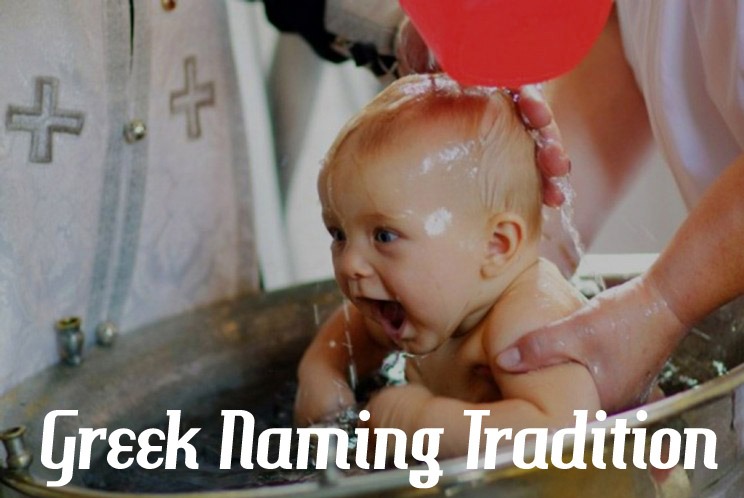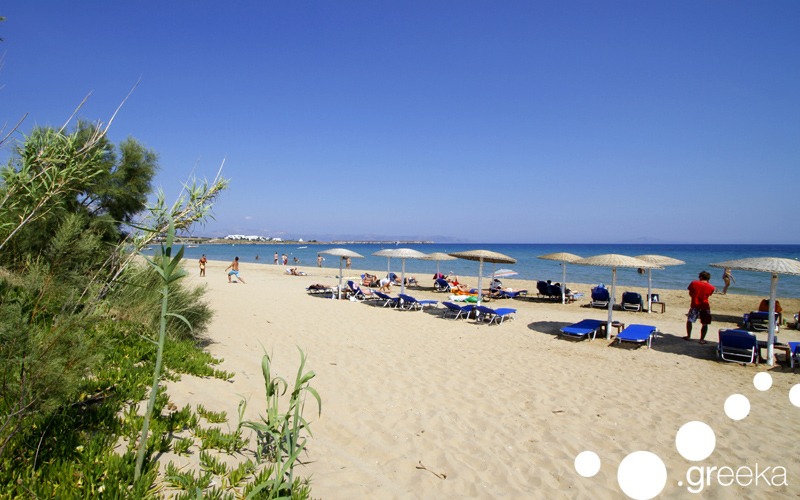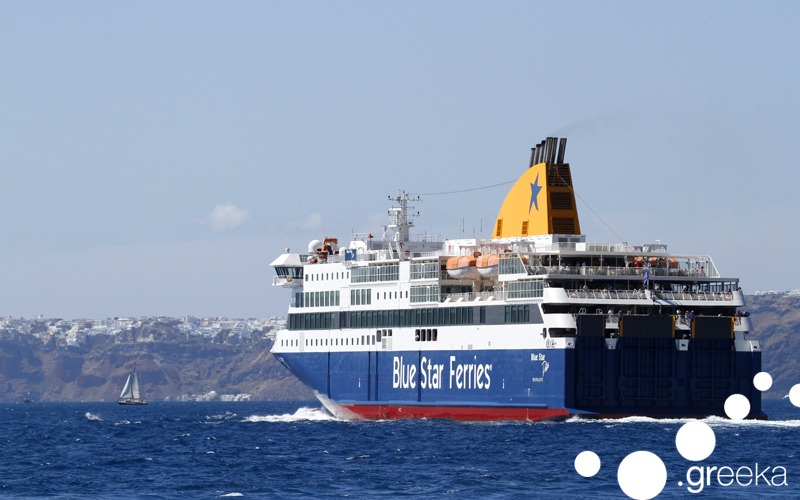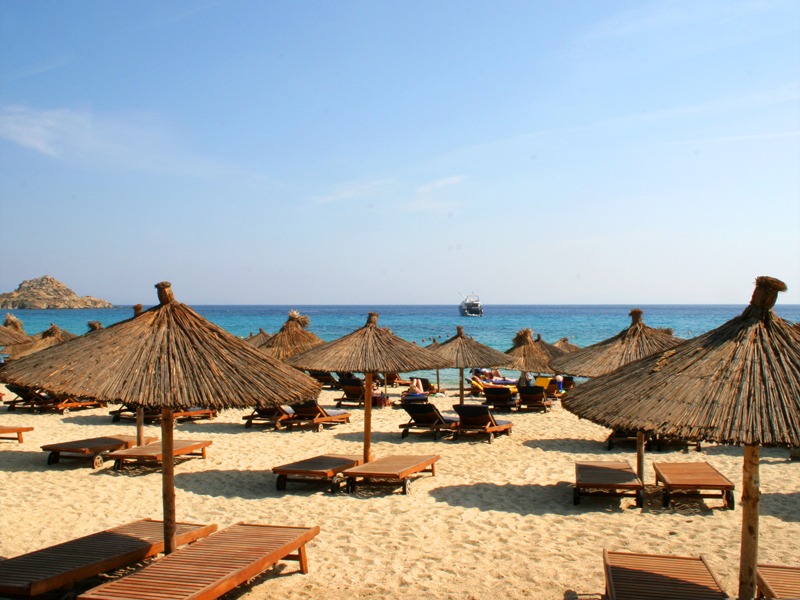By on 07-12-2015
Share this post:

One of the most characteristic traditions in Greece is actually the naming tradition. Although today many couples choose not to follow the actual Greek naming tradition but give their children whichever names sound more beautiful to them, there is a large ritual process about naming giving to newborns. Here are some details.
# Naming after grandparents
The most usual Greek naming tradition is to give children the names of their grandparents. Usually, if the first child is a boy, it takes the name of his grandfather from the father’s side. If it is a girl, it takes the name of the mother’s mother. Sometimes, the first baby is named after the father’s parents, regardless if it is a boy or a girl.
In the present day, many parents choose to give children a name of their choice as a first name and a name from grandparents as a middle name. On special occasions, the child may take the name of both the mother’s and father’s parents of the same sex. If this happens, then the child usually has an unofficial combined name. For example, if one grandma is called Maria and the other grandma is called Anna, the child is baptized with both names but she is then called Marianna.
Such short names are very usual in Greek. For example, the Christian name is Konstantinos and the short name is Kostas, in the same way that Sia or Soula may be short for Aspasia.
# Naming after saints
Another less frequent Greek naming tradition is to name a child after a saint. This saint is considered the protector of the child, usually because the child was born on the saint’s celebration day.
In some cases, the saint is the mother’s or father’s protector, who names their child after the saint as a sign of homage. In other cases, if the pregnancy is difficult, the mother calls a saint for protection until she gives birth and then she names the child after this saint. Very frequently mothers call Virgin Mary for protection and they name their children Maria for girls or Marios for boys.
In many cases, every town or island has a protector saint and many children are named after this saint. For example, the protector of Corfu island is Saint Spyridon, which is why many men are named Spiros.
# Christian baptism
The most common ceremony for name-giving in Greece is the Greek Orthodox baptism. The parents, godparents and other relatives present the baby to the church, where the priest reads blessings and baptize the baby in a small baptistery. The most common age to get baptized is from 6 to 14 months.
# Name day
The name day is a very important celebration for the Greeks, as important as the birthday. This is the day when celebrates the saint, whose name we have. Every saint has another celebration day. The person who celebrates welcomes visitors at home, who come to say Chronia Polla and bring presents.



